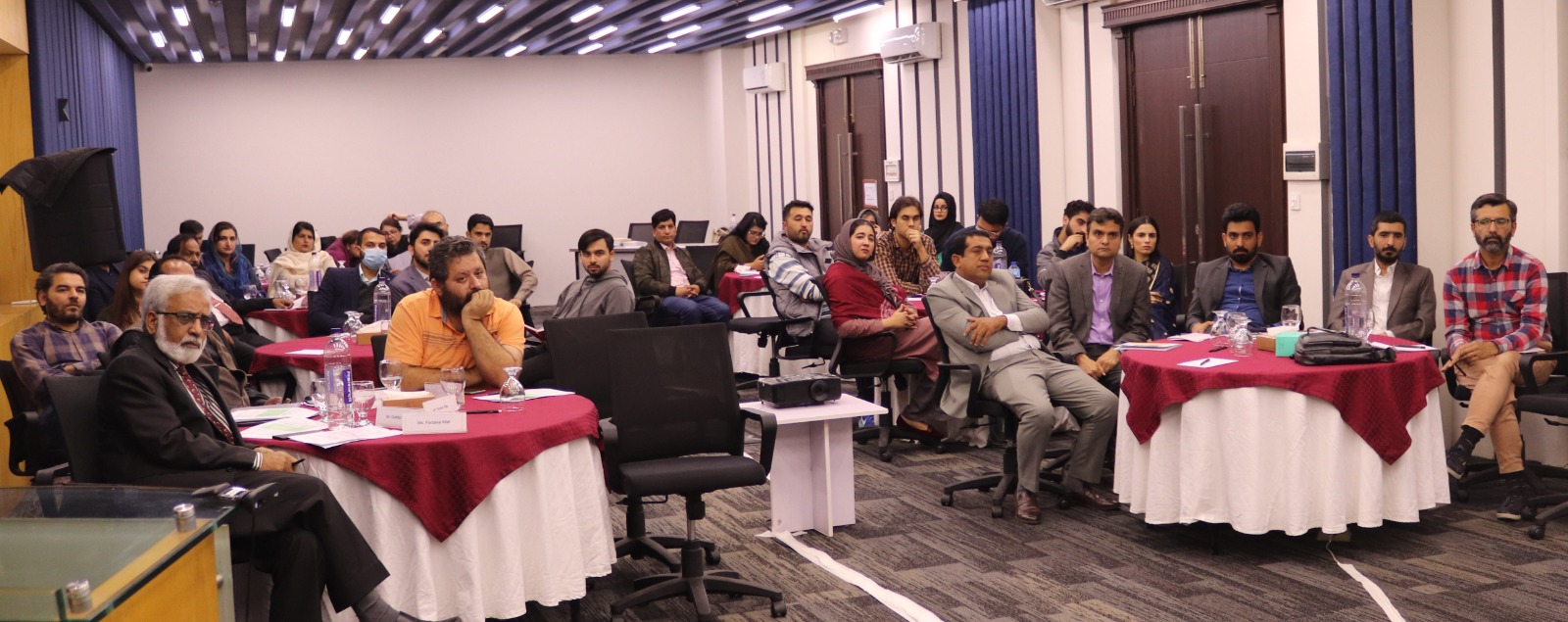From Waste to Wealth: Why Islamabad Leads in Segregation Over Lahore
News Desk
Islamabad: The staggering creation of almost 50 million metric tonnes of waste yearly in Pakistan underscores the necessity to embrace sustainable practises, according to a collaborative study conducted by the Institute of Urbanism (IoU) and Heinrich Böll Stiftung (hbs).
While 35 per cent of Islamabad residents and merely 10.3 per cent of Lahore residents separate waste at the source, a discussion session focused on understanding waste management habits between communities in Islamabad and Lahore found.
The study report findings revealed that people’s motivations differ significantly, with economic factors driving Islamabad’s higher rate of waste percentage of trash segregation.
24% of the respondents in Islamabad and 12.3% in Lahore reported burning waste around their locality: Report
During the session, Ayesha Majid, Senior Program Coordinator at IoU, disclosed that while 35 per cent of Islamabad’s residents and merely 10.3 per cent of Lahore’s population segregate waste at the source, their motivations differ significantly, with economic reasons primarily driving Islamabad’s higher rate of waste segregation.
These include the sale of plastic bottles, paper, and other materials to a local scrapyard by the household or their domestic help. Other non-sellable materials are disposed of at the community collection point. It was alarming to note that 24 per cent of the respondents in Islamabad and 12.3 per cent in Lahore reported burning waste around their locality.
Read: https://thepenpk.com/from-trash-to-cash-a-rising-star-of-plastic-waste-recycling-in-pakistan/
It was evident that residents wanted the municipality to initiate waste segregation by providing multiple bin systems in residential areas. 69 per cent residents of Islamabad and 68 of Lahore showed their support for adopting waste segregation in households, given the infrastructure provided by the municipality. On average, 50 percent were also willing to pay extra for the improvement of waste management services where recycling and segregation were a priority.
On average, 69% of residents of Islamabad, and 68 of Lahore showed their support for adopting waste segregation in households
The private sector was of the view that trash can be recycled, which they affirmed is an untapped opportunity, especially for young entrepreneurs.
Uniqsha Batool, a young startup lead, expressed, “We are recycling plastic and making prefabricated walls for building low-cost and affordable houses, contributing to sustainable housing solutions.”
Gulraiz Yaqoob spoke about the clear PET flakes that they make out of recycled plastic at the facility in Lahore. They discussed the challenges and opportunities in recycling and highlighted the industry’s growth opportunities and the need for municipalities to support businesses in the provision of waste plastic and other basic materials.
 Farah Rashid highlighted that the Engro Foundation announces an internship opportunity for youth annually where they can work on their ideas around sustainability and produce successful green business models.
Farah Rashid highlighted that the Engro Foundation announces an internship opportunity for youth annually where they can work on their ideas around sustainability and produce successful green business models.
Umar Chaudhry underscored the adoption of critical policy measures during the meeting. He said that these initiatives encompass a robust focus on encouraging source-level segregation through public awareness campaigns, the implementation of comprehensive youth engagement programmes like the “50 Thousand Clean Campus Drive” to instill responsible waste practices, and the active promotion of public-private partnerships.
Additionally, a transparent policy framework is adopted for issuing No Objection Certificates (NOCs) to the private sector for waste management. Collectively, these policy measures aim to establish sustainable waste management practices, mitigate environmental impact, and nurture a sense of responsibility among both citizens and businesses, Umar Chaudhry added.

Comments are closed.